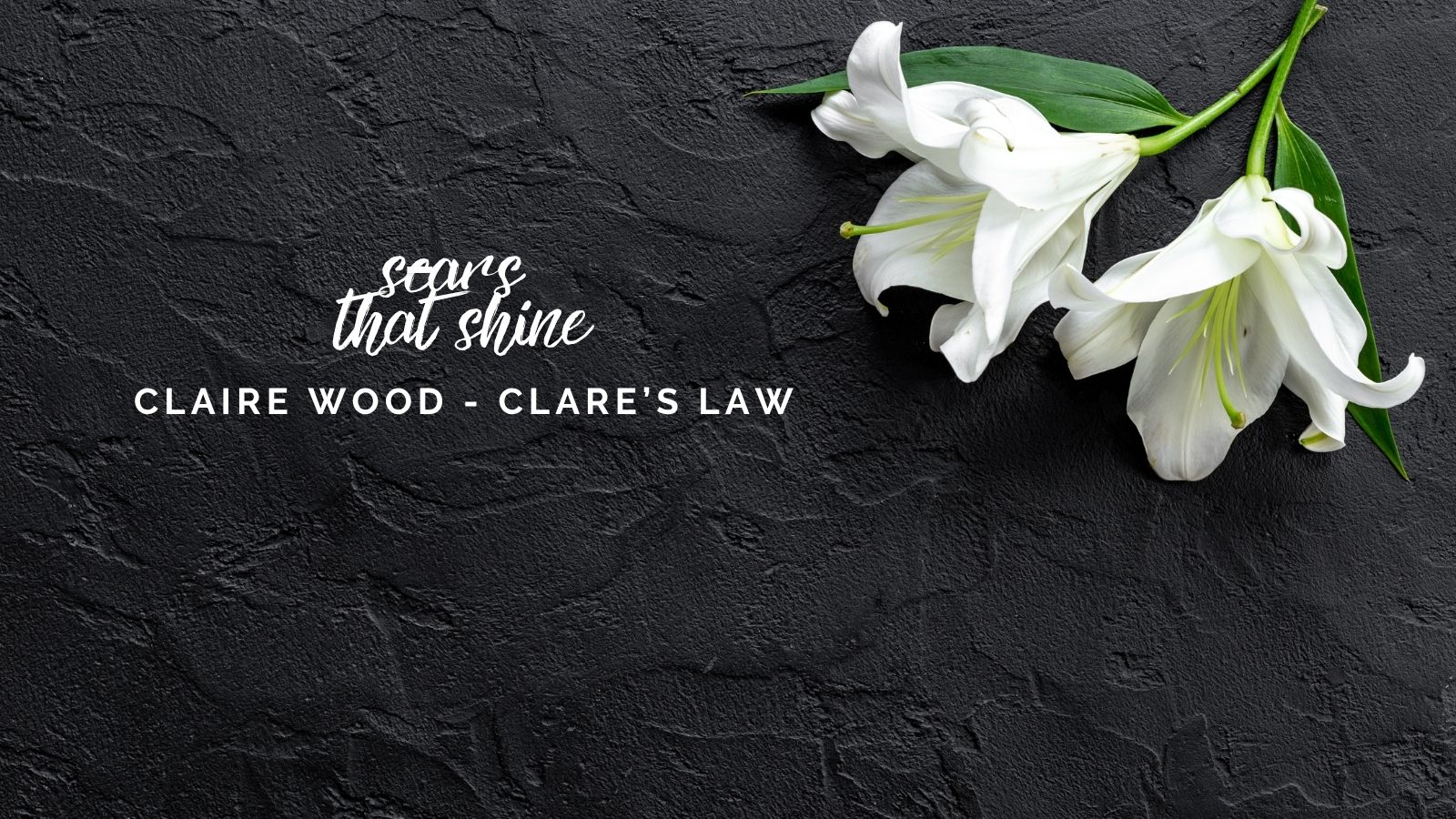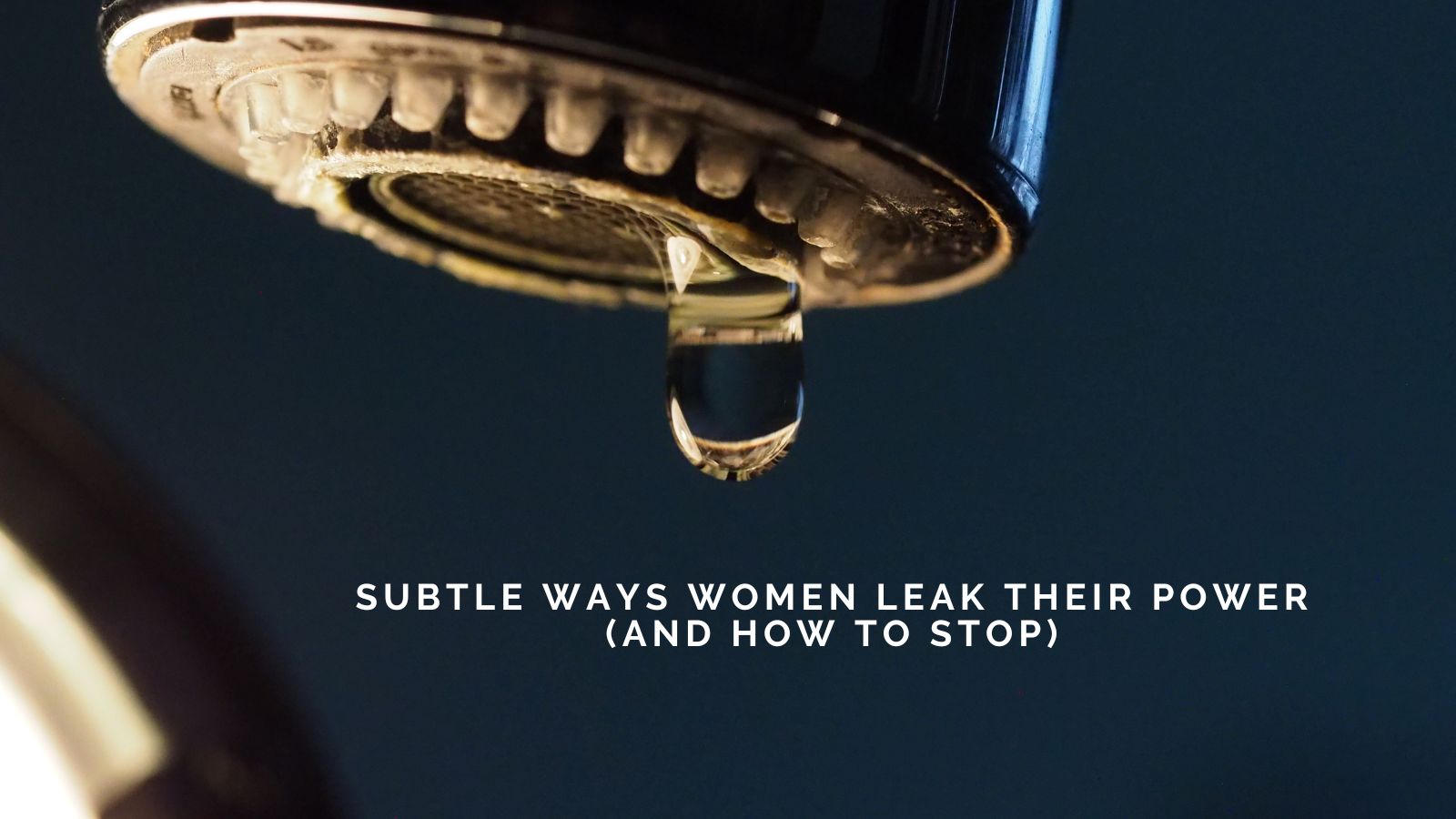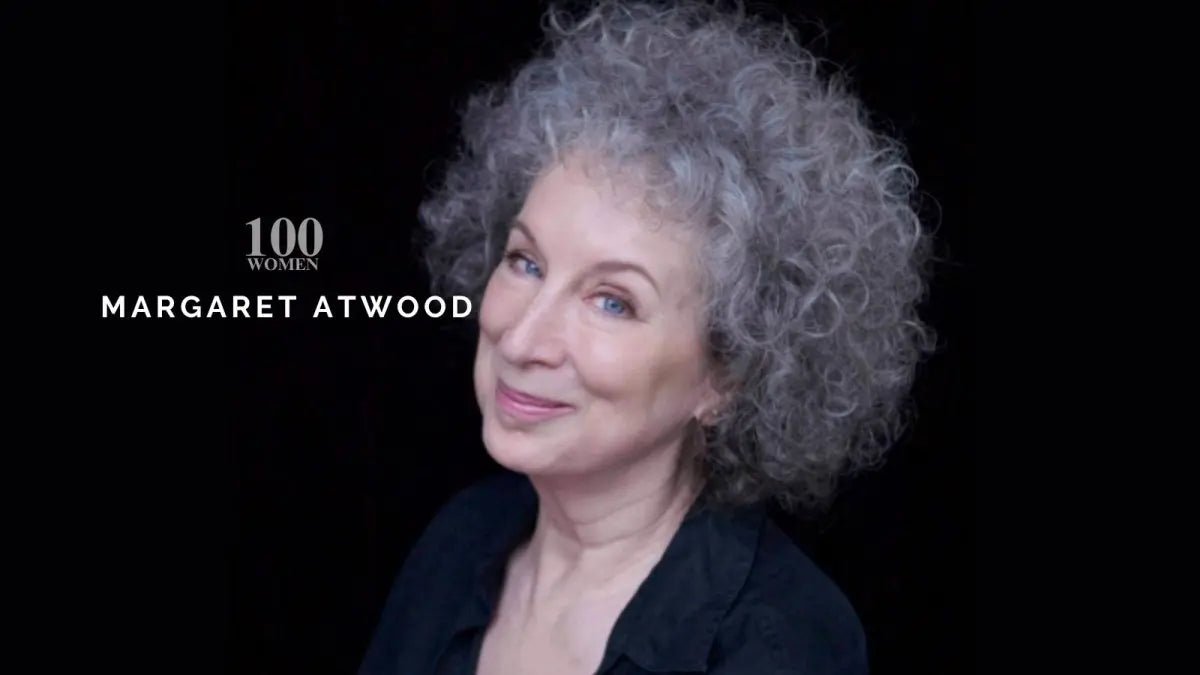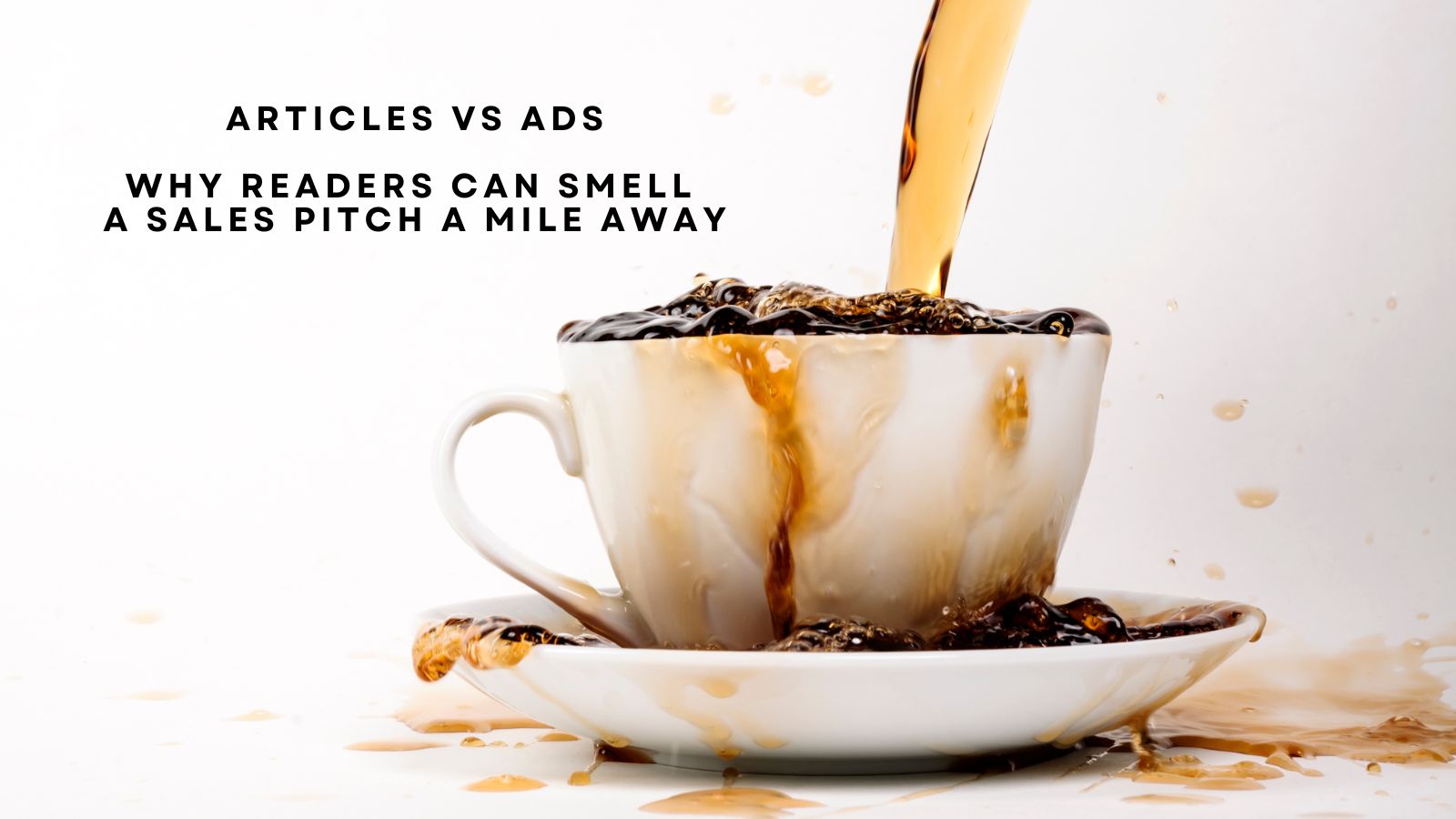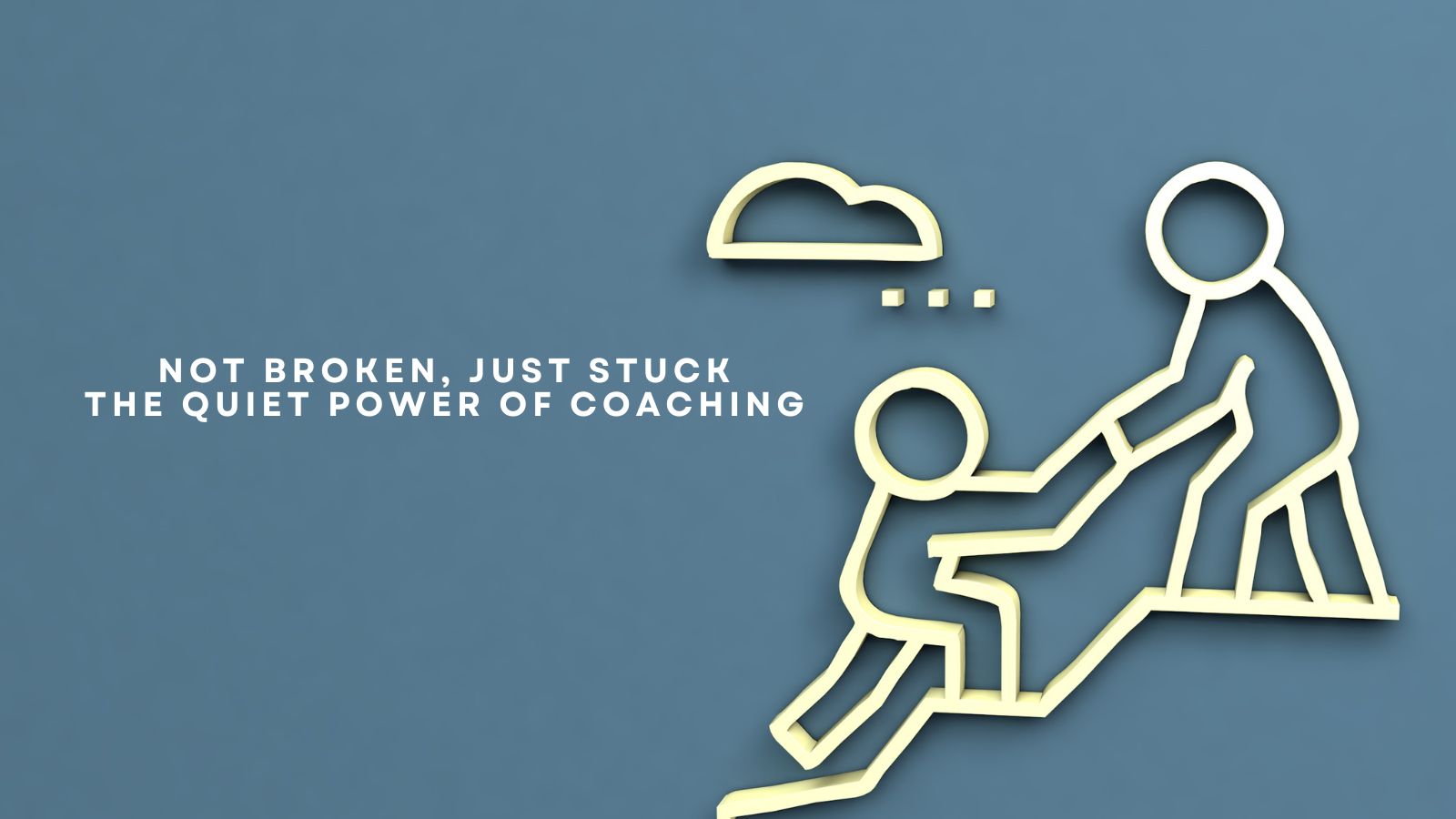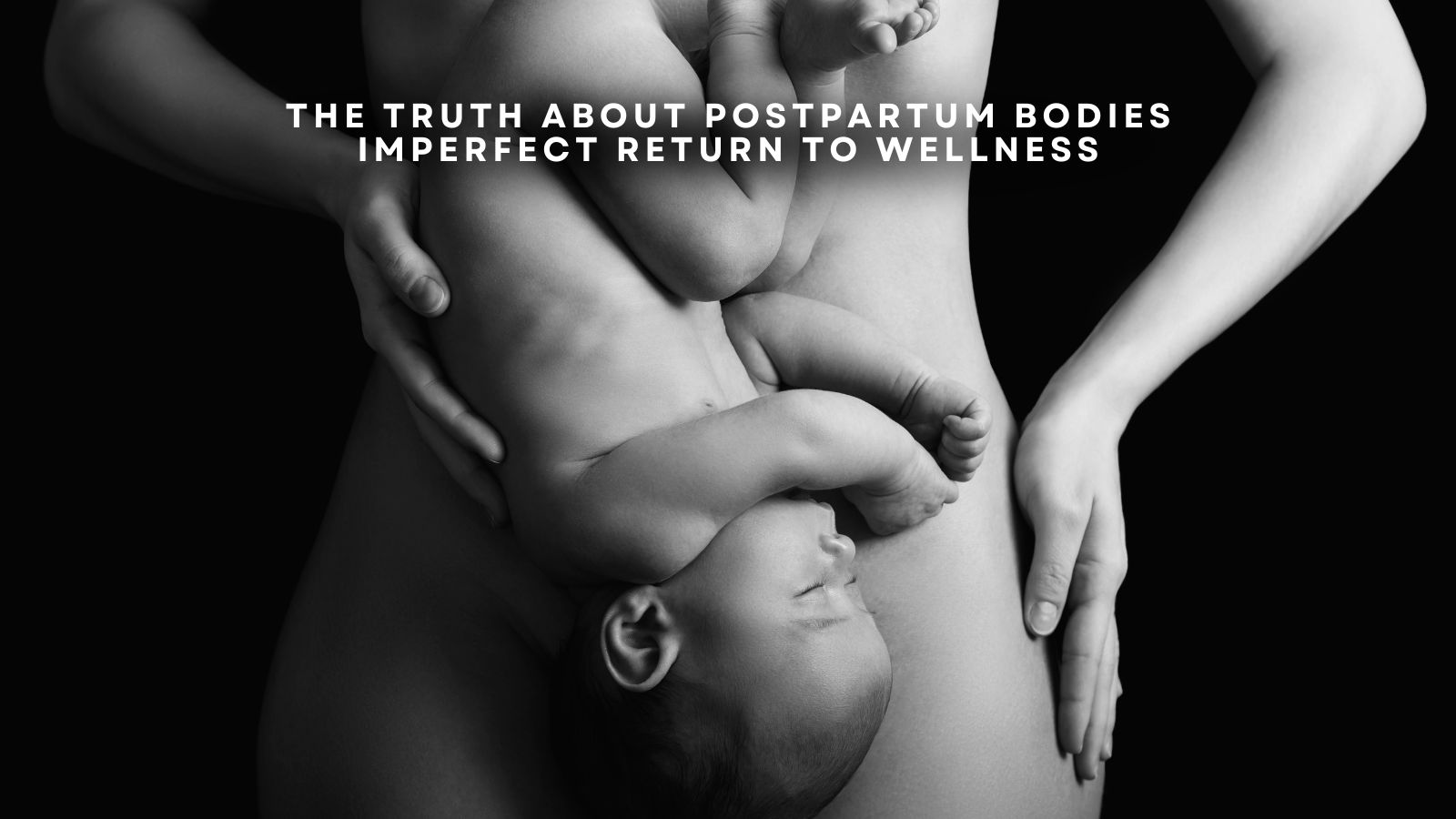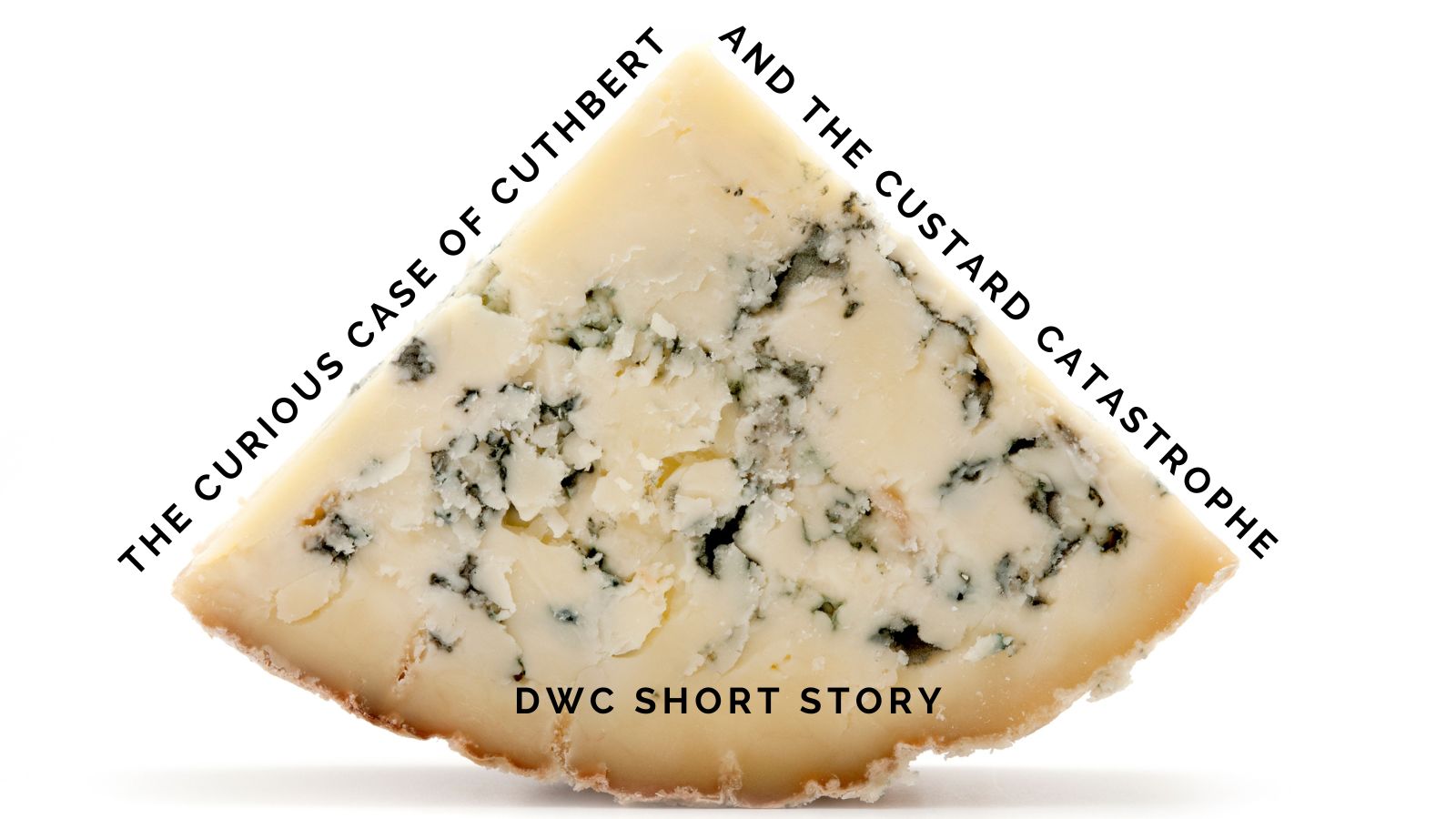
Barnaby Butterfield was not a hero. He was, to be precise, a purveyor of fine cheeses at 'The Curd's Word', a small shop nestled on the cobbled high street of Little Piddlington. His days involved Stilton, Cheddar, and the occasional existential crisis over a particularly pungent Limburger. Heroics, he felt, were best left to people with capes and less dairy-stained aprons.
Yet, fate, in its infinite wisdom and with a mischievous twinkle, had decided Barnaby needed a challenge beyond distinguishing between a mature Gouda and a slightly less mature Gouda. This challenge arrived in the form of Kevin "The Kebab" Kelly and young Cuthbert Pumble.
Kevin Kelly was a bully of the old school. Not the kind who extorted lunch money, but the kind who tripped you in the playground, smeared your satchel with mud, and made unflattering noises when you walked past. He was built like a garden shed, with a face that suggested he'd lost a fight with a badger and then decided to eat it. His nickname, 'The Kebab', came from his habit of skewering his victims with a stare that promised unpleasantness. He terrorised the younger pupils of Little Piddlington Primary, and his current favourite target was Cuthbert Pumble.
Cuthbert was a wisp of a boy, all knobbly knees and oversized spectacles, with a perpetually worried expression that made him look like a startled owl. He was Barnaby's neighbour's nephew, and Barnaby had a soft spot for the lad, mostly because Cuthbert always bought a small wedge of Wensleydale for his grandmother every Tuesday.
One blustery afternoon, Barnaby saw it. Kevin Kelly, looming over Cuthbert by the village pond, holding Cuthbert's brand-new, bright red wellington boot aloft. Cuthbert was whimpering, a sound Barnaby usually associated with a trapped vole.
"Give it back, Kevin!" Barnaby heard Cuthbert squeak, his voice barely audible above the wind.
Kevin merely chuckled, a sound like gravel being churned in a cement mixer. He then, with a flourish, tossed the wellington boot into the murky depths of the pond. It landed with a pathetic plop, floating briefly before slowly sinking.
Cuthbert stared, aghast. Then, a single tear, large and glistening, rolled down his cheek.
Something snapped in Barnaby. It wasn't the heroic snap of a knight drawing his sword. It was more the snap of a rubber band that had been stretched too far, followed by a quiet, determined hum. He was tired of Kevin Kelly. He was tired of seeing Cuthbert look like a damp kitten. Barnaby Butterfield, cheese monger, decided he would intervene.
He strode over, his apron flapping in the wind. "Kevin Kelly," he announced, his voice surprisingly firm, "that was uncalled for."
Kevin turned, his eyes narrowing. "Mind your own business, cheese man."
"This is my business," Barnaby countered, surprising himself. "This is Cuthbert's business, and Cuthbert is my neighbour's nephew. Therefore, it is my business."
Kevin scoffed. "What are you going to do? Offer me some mouldy Brie?"
Barnaby paused. He considered it. No, that wouldn't do. He needed something more… impactful. Something that would make Kevin Kelly think twice about tormenting Cuthbert, or anyone else, ever again.
He spent the evening pondering. He ruled out physical confrontation; Kevin would flatten him like a pancake. He ruled out reasoned discussion; Kevin's brain seemed to operate on a different frequency, one that only picked up signals for 'punch' and 'kick'. He needed something subtle, embarrassing, and utterly unforgettable.
Then, it hit him. A flash of inspiration as he was unwrapping a particularly ripe Camembert. Custard.
The next day, Barnaby put his plan into motion. He enlisted Cuthbert, who, despite his initial trepidation, was surprisingly eager for revenge.
"Are you sure, Mr. Butterfield?" Cuthbert asked, his eyes wide behind his spectacles. "It seems… elaborate."
"Elaborate is good, Cuthbert," Barnaby declared, stirring a vast pot of bright yellow custard. "Elaborate is memorable. Elaborate is humiliating."
Their target: Kevin Kelly's prized possession, his bicycle. A gleaming, chrome-plated monstrosity that Kevin polished daily and parked conspicuously outside the school gates.
Under the cover of dusk, Barnaby and Cuthbert, armed with buckets of lukewarm, slightly lumpy custard, approached the school. Barnaby, surprisingly agile for a man who spent his life behind a counter, scaled the fence. Cuthbert, nimble despite his knobbly knees, followed.
They found Kevin's bike, propped against the wall. With grim determination, Barnaby began. He poured the custard over the handlebars, letting it ooze down the frame. Cuthbert, giggling, applied it to the spokes, creating a sticky, yellow web. They doused the seat, the pedals, even the bell. By the time they were done, Kevin Kelly's bicycle resembled a giant, unappetising dessert.
"Perfect," Barnaby whispered, wiping a smudge of custard from his chin. "Tomorrow, Kevin Kelly will have a very sticky morning."
The next day, the schoolyard buzzed. Kevin Kelly's enraged roars echoed across Little Piddlington. His bicycle, now caked in hardened, fly-attracting custard, was a sight to behold. He tried to ride it, but the wheels seized, the pedals slipped, and he ended up in a heap, covered in his own sticky shame.
From that day on, Kevin "The Kebab" Kelly became Kevin "The Custard" Kelly. His reign of terror ended. He was still a brute, but a humiliated brute, and the other children, emboldened, started to stand up to him. Barnaby felt a quiet sense of triumph. He had done a good deed. He had protected the innocent. He was, dare he say it, a hero.
And Cuthbert? Cuthbert was utterly transformed. The worried owl look had vanished, replaced by a confident, almost mischievous glint in his eye. He walked taller, spoke louder, and even started telling jokes – admittedly, bad ones, but jokes nonetheless. Barnaby was proud.
"You really showed him, Mr. Butterfield," Cuthbert said one afternoon, helping Barnaby stack cheese wheels. "You're amazing."
"Just doing my bit, Cuthbert," Barnaby demurred, basking slightly in the praise.
Then, Cuthbert added, "You know, Kevin used to take my lunch money too. Every day. For months."
Barnaby blinked. "He did? Why didn't you say anything?"
Cuthbert shrugged. "Didn't want to bother you. Besides, it was only a few quid. And now he's gone, so it's fine."
Barnaby felt a tiny prickle of unease. A few quid? For months? That added up. But he dismissed it. Cuthbert was a child. He probably didn't understand the value of money.
A week later, Mrs. Higgins, the formidable headmistress of Little Piddlington Primary, stormed into 'The Curd's Word'. Her face was a thundercloud.
"Mr. Butterfield!" she boomed, making the cheddar tremble. "Do you know anything about the disappearance of the school's entire supply of glitter glue?"
Barnaby, who considered glitter glue an abomination, shook his head. "Glitter glue, Mrs. Higgins? Can't say I do."
"It's gone!" she declared. "Every single tube! And the only witness was young Cuthbert Pumble, who claims he saw a 'sparkly ghost' float away with it."
Barnaby's unease grew. A sparkly ghost? Cuthbert had a vivid imagination, but this was… odd.
Later that day, he saw Cuthbert by the pond again, but this time, he wasn't looking for a lost wellington. He was meticulously applying glitter glue to a collection of pebbles, creating what he called "sparkle stones." They were, Barnaby had to admit, quite dazzling.
"Cuthbert," Barnaby began gently, "where did you get all that glitter glue?"
Cuthbert looked up, his eyes innocent. "Oh, these? I found them. Just lying around."
Barnaby decided not to press the issue. Perhaps Mrs. Higgins had simply misplaced the glitter glue. Perhaps Cuthbert had genuinely found a discarded stash. He was a good boy. He had to be.
Then came the incident with the village fete. Every year, Little Piddlington held its annual fete, a quaint affair with tombolas, cake stalls, and a fiercely competitive 'Guess the Weight of the Marrow' competition. This year, the grand prize for the raffle was a brand-new, top-of-the-range lawnmower, donated by Mr. Henderson, the notoriously stingy hardware shop owner.
On the day of the fete, the lawnmower was gone. Vanished. Mr. Henderson was apoplectic, his face the colour of a ripe tomato.
"It's theft!" he shrieked, waving his arms. "Who would steal a lawnmower from a village fete?"
Barnaby, serving cheese straws at his stall, saw Cuthbert hovering near the empty space where the lawnmower had been. Cuthbert was humming a cheerful tune, and in his pocket, Barnaby distinctly saw the glint of a tiny, silver wrench.
"Cuthbert," Barnaby said, walking over, "have you seen the lawnmower?"
Cuthbert looked up, his innocent gaze unwavering. "Lawnmower? Oh, that big green thing? No, Mr. Butterfield. Haven't seen it."
Barnaby felt a chill. The wrench. The humming. The sudden, inexplicable absence of a heavy piece of machinery.
That evening, Barnaby decided to pay Cuthbert a visit. He found the boy in his garden, meticulously dismantling a small, rusty bicycle. Around him were various tools, neatly laid out. And in the corner, partially hidden by a tarpaulin, was a large, green shape.
"Cuthbert," Barnaby said, his voice flat, "is that Mr. Henderson's lawnmower?"
Cuthbert jumped, startled. He slowly pulled back the tarpaulin. There it was, disassembled into its component parts, gleaming faintly in the twilight.
"Oh, this?" Cuthbert said, feigning surprise. "I just found it. Thought I'd take it apart to see how it works. I'm very interested in mechanics, you see."
Barnaby stared. "You took apart a brand-new lawnmower, from the village fete, because you were 'interested in mechanics'?"
Cuthbert nodded earnestly. "It's for science, Mr. Butterfield. Pure science."
Barnaby sighed. He spent the next two hours helping Cuthbert reassemble the lawnmower, piece by painstaking piece. Cuthbert, it turned out, was surprisingly good at putting things back together, almost as good as he was at taking them apart. They returned it, anonymously, before dawn.
The fete incident was just the beginning. The small, unsettling incidents began to pile up.
Mrs. Gable, the village's resident cat lady, reported that her prize-winning Persian, Mittens, had been given a "radical new haircut" overnight. Cuthbert, Barnaby later discovered, had been experimenting with "feline aerodynamic improvements." Mittens now resembled a startled, fluffy sausage.
Then there was the case of the missing church bell clapper. Reverend Davies, a man whose patience was as thin as his hair, was distraught. The Sunday service was silent. Cuthbert, it transpired, had borrowed it to "test the resonant frequencies of various metallic objects." He had, apparently, discovered that a saucepan lid, when struck by the clapper, produced a surprisingly harmonious 'ding'.
Barnaby found himself in a constant state of low-level anxiety. He was no longer worried about Kevin Kelly. Kevin Kelly was a predictable, custard-prone menace. Cuthbert, however, was an unpredictable, scientifically curious, and increasingly terrifying force of nature.
One Tuesday, Cuthbert arrived at 'The Curd's Word' for his grandmother's Wensleydale. He looked particularly pleased with himself.
"Mr. Butterfield," he announced, "I've invented something truly revolutionary."
Barnaby braced himself. "Oh? And what might that be, Cuthbert?"
"A self-stirring tea machine!" Cuthbert declared, pulling a small, whirring contraption from his satchel. It was made of various salvaged parts: a miniature motor, some wires, a bent spoon, and what looked suspiciously like a piece of Mrs. Gable's garden gnome.
"It's designed to stir your tea perfectly, every time," Cuthbert explained, beaming. "No more tired wrists!"
"That's… innovative, Cuthbert," Barnaby said slowly. "But where did you get the motor?"
Cuthbert waved a dismissive hand. "Oh, that? Just borrowed it from Mr. Peterson's prize-winning remote-control aeroplane. He wasn't using it."
Barnaby's jaw dropped. Mr. Peterson's aeroplane was the talk of the village, a magnificent, custom-built model that had cost him a small fortune.
"Cuthbert," Barnaby said, his voice strained, "you can't just 'borrow' things without asking. Especially not Mr. Peterson's aeroplane motor."
Cuthbert frowned. "But I needed it for science! And besides, I'll put it back. Eventually. After I've perfected the tea stirrer."
Barnaby realised, with a sickening lurch, that he had created a monster. He had vanquished a simple, brutish bully, only to unleash a far more insidious threat: a well-meaning, intelligent, utterly amoral child with a penchant for 'borrowing' and a complete disregard for property rights.
He looked at Cuthbert, who was now demonstrating the tea stirrer, a small cloud of dust rising from the whirring spoon. The boy was beaming, utterly oblivious to the chaos he was sowing across Little Piddlington.
Barnaby knew what he had to do. He had to make an example of Cuthbert. Not with custard. Not with public humiliation. But with something Cuthbert would truly understand. A lesson in consequences.
"Cuthbert," Barnaby said, his voice calm, "I have a proposition for you."
Cuthbert looked up, intrigued.
"You're a genius, Cuthbert. A true inventor. But every inventor needs resources, don't they?"
Cuthbert nodded eagerly. "Yes! Exactly! That's why I sometimes have to… acquire… certain components."
"Precisely," Barnaby said, leaning over the counter. "So, I propose a system. For every item you 'acquire' without permission, you must work it off here, at 'The Curd's Word'."
Cuthbert's eyes widened. "Work? You mean… cheese?"
"Indeed," Barnaby said, a grim smile spreading across his face. "You'll learn about responsibility, about earning your keep, and about the true value of a perfectly matured Cheddar."
Cuthbert looked horrified. "But… but the smell! And the mould! And the… cheese!"
"Think of it as applied science, Cuthbert," Barnaby said, gesturing grandly at a wheel of pungent Roquefort. "The microbiology of fermentation! The physics of cheese cutting! The economics of dairy distribution!"
Cuthbert's face crumpled. "But my experiments!"
"Can wait," Barnaby said firmly. "Or, you can use your inventive genius to create a cheese-sorting machine. Or a self-cleaning cheese grater. The possibilities are endless, Cuthbert."
And so, Cuthbert Pumble, the boy who had inadvertently become Little Piddlington's most disruptive force, began his apprenticeship at 'The Curd's Word'. He hated it. He hated the smell, the sticky counters, the endless dusting of cheese mites. He tried to invent a cheese-wrapping robot, but it ended up wrapping Barnaby's trousers around his legs. He tried to automate the cheese-cutting, but it nearly took off Mrs. Gable's finger.
Slowly, painfully, Cuthbert learned. He learned that 'borrowing' had consequences. He learned that Mr. Peterson's aeroplane was more valuable than a self-stirring tea machine. And he learned that even the most brilliant scientific mind could be humbled by a particularly stubborn block of Parmesan.
Kevin "The Custard" Kelly, meanwhile, occasionally walked past 'The Curd's Word', saw Cuthbert scrubbing the cheese display, and let out a small, satisfied chuckle. He was still a bully, but now he was a bully who knew the sweet taste of ironic justice.
Barnaby Butterfield, the reluctant hero, watched Cuthbert begrudgingly polish a cheese knife. He had saved Cuthbert from Kevin Kelly, only to save Little Piddlington from Cuthbert. His heroics, it seemed, were less about grand gestures and more about the quiet, persistent application of cheese-related labour. He still wasn't sure he was a hero, but at least he had a very well-organised cheese shop. And Cuthbert, for all his scientific brilliance, now had a healthy respect for property, and a deep, abiding hatred of Stilton. Which, Barnaby thought, was a victory in itself.
_(31).jpg)


